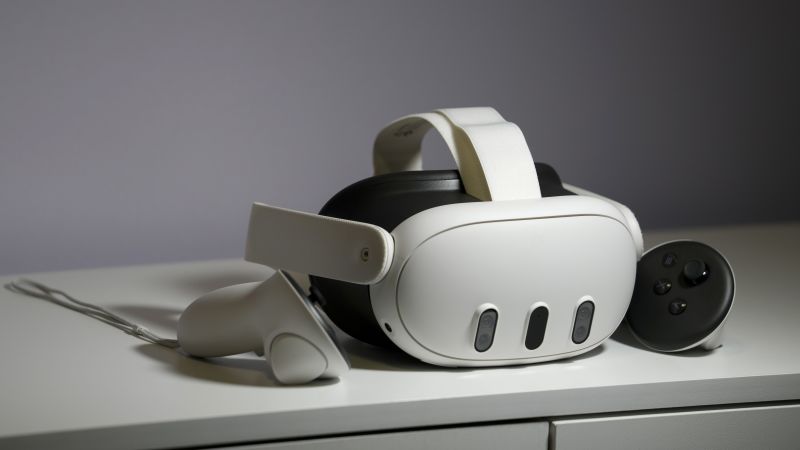Meta is working on new software for educators to make it easier to use its VR headsets in the classroom, allowing teachers to manage multiple Quest headsets, access education-related apps, and have better control over student usage. This move is part of Meta’s long-term bet on the metaverse, where humans will increasingly spend time working, learning, and interacting in a digital world. The company believes VR enables experiences that are impossible in the real world due to limitations like time, space, and gravity.
While VR in the classroom offers new learning opportunities, such as virtual visits to Ancient Rome or the Globe Theatre, it also raises concerns about digital safety and the impact on human interaction. Questions remain about whether incorporating VR technology in classrooms will actually improve learning outcomes. Research on the impact of education technology is mixed, with some studies showing benefits of VR training in areas like soft skills, while others call for more rigorous evaluation of such technologies.
Educators are already exploring the use of VR in various subjects, such as criminal justice investigations and virtual campus tours, to enhance the learning experience. The new Quest features include special protections for students aged 13 to 17, such as blocking access to the Meta Quest app store and allowing only pre-programmed applications by teachers. However, the cost of VR headsets could be a hurdle for adoption in schools with limited resources, potentially widening the inequality gap if not all students have access to the technology.
Meta’s President of Global Affairs, Nick Clegg, acknowledges cost as a common concern when introducing new technology into education. However, he believes that the long-term benefits of VR, such as virtual museum tours, could make valuable educational experiences more affordable. Clegg dismisses concerns about VR replacing face-to-face interactions in the classroom, arguing that traditional learning methods may be considered joyless in comparison to immersive digital experiences. The company continues to listen to feedback from teachers and developers to improve the use of VR in education.
Ultimately, the potential of VR technology in classrooms depends on how it is implemented and the resources available to schools. While some educators see promise in VR for enhancing learning outcomes and engaging students in new ways, others caution against overhyping the technology without strong evidence of its effectiveness. Meta’s focus on making VR more accessible and user-friendly for teachers and students reflects the company’s vision for a future where virtual reality plays a significant role in education and beyond. As the technology evolves, ongoing research and evaluation will be crucial to determine the true impact of VR in the classroom.













